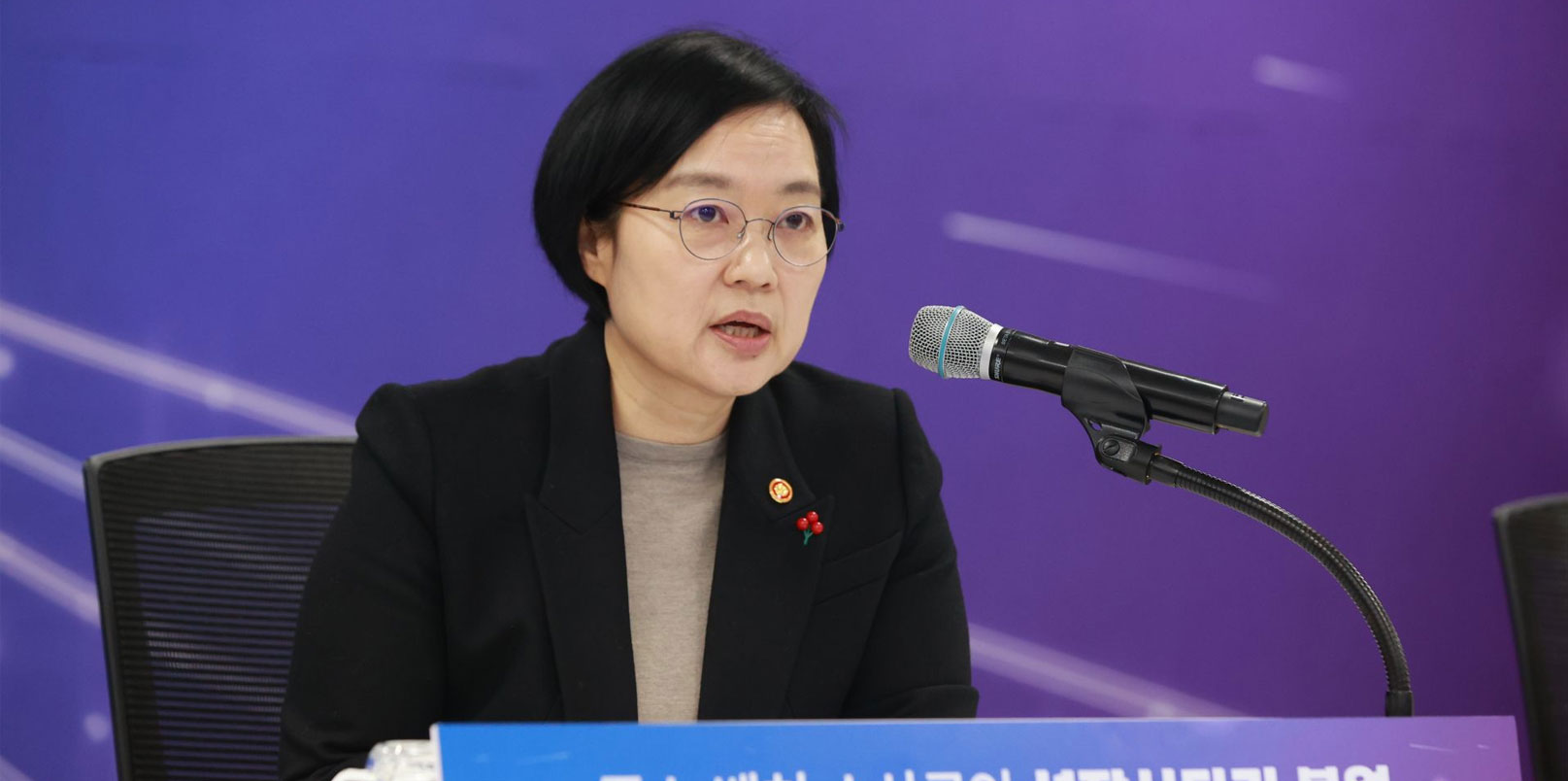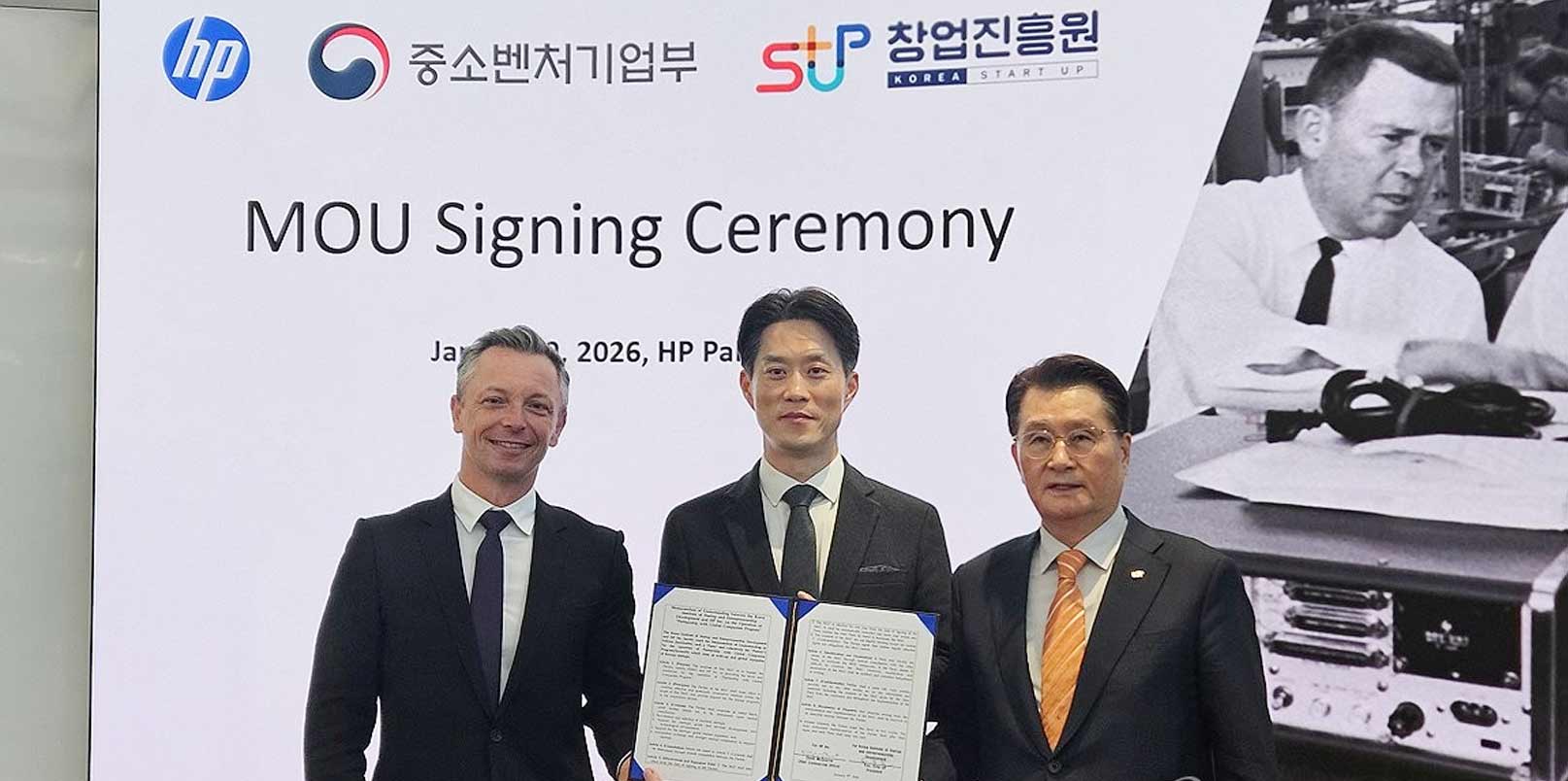Korea’s decision to appoint a dedicated small-business vice minister marks a shift in how the government responds to the pressure facing microbusiness owners. The sector has spent years navigating high costs, falling demand, and fragmented policy oversight. A move that reorganizes the Ministry of SMEs and Startups signals an attempt to rebuild confidence and introduce more structured leadership in a part of the economy that has become increasingly fragile.
MSS Appoints First Dedicated Small-Business Vice Minister
The Ministry of SMEs and Startups (MSS) has officially appointed Lee Byung-kwon as its first Second Vice Minister, a new role created after the government reorganization in September 2025.
He will oversee all small-business and self-employed policy issues, including stabilization support, market access, protection measures, and coordination across ministries.
President Lee Jae-myung made the appointment for this new MSS Vice Minister for Small Business of MSS on November 14. Lee Byung-kwon previously served as Director of Small Business Policy, Policy Planning Officer, and Commissioner of the Seoul Regional Office of SMEs and Startups. He also worked as a Democratic Party policy committee expert before his nomination.
A Structural Response to Mounting Pressure in the Microbusiness Sector
The new vice minister role emerged after sustained strain across Korea’s small-business landscape. Industry analysts consistently reference rising burdens tied to high inflation, elevated rates, and cost pressures. Closures have remained a growing concern, and the government has been urged to strengthen its field-based response.
The position was created to consolidate fragmented policies. It is designed to serve as a central point for issues involving stabilization, market access, protection of neighborhood commerce, and support during business decline or transition.
Stakeholder groups emphasize that 7.9 million small-business owners and self-employed workers have long lacked a single accountable leadership channel.
Stakeholder Reactions Show Heightened Expectations for Policy Coordination
The Korea Federation of Micro Enterprise – 소상공인연합회 (KFME) welcomed the appointment and outlined strong expectations. The organization stated that Lee’s experience as former Director of Small Business Policy gives him a deep practical understanding of urgent field issues.
The federation expressed their support in a statement,
“He is well suited to place small-business voices at the center of policy creation and execution.”
The group added that the newly created vice minister role must act as a communication channel between government and the small-business community and coordinate small-business measures dispersed across ministries.
The Presidential Office similarly emphasized Lee’s administrative experience.
Spokesperson Kim Nam-joon noted that he had been recognized for effective policy execution, including measures to expand market access and protect neighborhood commerce.
In his statement, new MSS Vice Minister for Small Business Lee Byung-kwon said:
“I feel a deep sense of responsibility. I will work to ease the difficulties that small-business owners face in this polarized period and help create a more vibrant marketplace.”
Why This Appointment Matters for SME Policy and the Wider Ecosystem
Although the role centers on small-business issues, its implications stretch into Korea’s broader entrepreneurship and SME ecosystem.
A sector of 7.9 million workers represents a significant portion of consumer demand, labor absorption, and local economic activity. When pressure rises in this group, downstream effects reach startups, suppliers, regional clusters, and service providers.
The new vice minister is expected to elevate cross-ministerial coordination, which has been a consistent weakness noted by industry groups.
By introducing a leadership role focused solely on microbusiness challenges, the government signals that it views the sector’s decline as a structural economic risk rather than a cyclical one.
This direction aligns with Korea’s recent moves to stabilize SME financing, regional market access, and neighborhood commerce—areas that directly influence early-stage entrepreneurship and local innovation.
A Test of Policy Execution, Not Policy Announcements
Korea’s creation of a small-business vice minister represents more than an administrative reshuffle. It reflects rising pressure to address a sector that supports millions yet faces mounting challenges.
The question now is whether this new structure can convert expectations into measurable improvements that small-business owners feel in their daily operations.
For global readers tracking Korea’s entrepreneurship landscape, the appointment provides a signal: the government is recalibrating how it handles risk within the foundation of its economy. How effectively this role shapes coordination, reduces fragmentation, and restores field confidence will determine its long-term influence on the SME and startup ecosystem.
– Stay Ahead in Korea’s Startup Scene –
Get real-time insights, funding updates, and policy shifts shaping Korea’s innovation ecosystem.
➡️ Follow KoreaTechDesk on LinkedIn, X (Twitter), Threads, Bluesky, Telegram, Facebook, and WhatsApp Channel.






